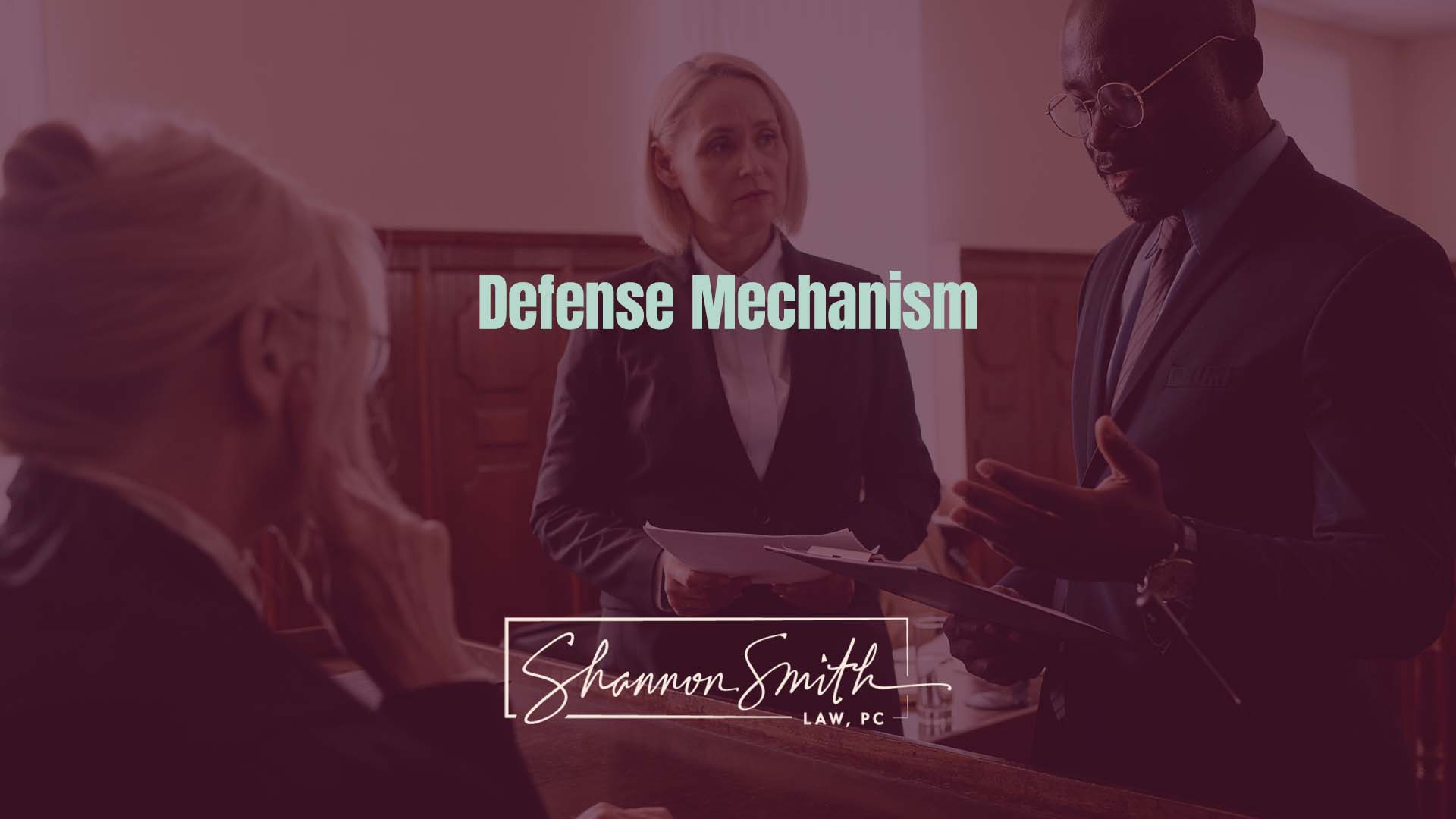With all the business shutdowns, millions working from home, millions suddenly unemployed, professional sports suspended or cancelled, and delays to so many ‘business as usual’ ‘taken for granted’ day-to-day little things – like getting a cup of coffee – have changed, we need to discuss the criminal justice system.
Well, the impact of the steps Michigan is taking to slow the spread of the disease is having – and will continue to have – on the criminal justice system.
First, some things are not going to change, as the chief public defender of New Orleans, Derwyn Bunton, put it this week in USA Today: “Arrests will continue as if everything is business as usual, clogging up court dockets that are not moving . . . Defendants, still innocent until proved guilty, but unable to post bail, will sit [in jail] indefinitely. The epidemic will make its way inside facilities, where hygiene products are limited and social distancing isn’t an option.”
Criminal dockets were already at close to full capacity before this crisis. As our ABA Criminal Justice Section Chair, Kim Parker, states, “while most states have statutory speedy trial limits . . . the impact of the virus is going to overwhelm dockets in courthouses all over the country . . . the impact of the disease could lead to delays and an expanding backlog of cases.”
She reinforces Bunton’s point, “It’s not as if anything’s going away. It just keeps backing up, backing up, backing up, and the days aren’t long enough.”
There’s a lot to unpack here, too much, in fact, to cover in a blog post.
Here’s an abridged version: investigations go on – they have probably been made easier in the stripped-down version of life we’re all experiencing now. Arrests go on. Technology ensures that arraignments will go on. Bail will or will not be granted as in the past, they might – we emphasize ‘might’ – take the virus into account in setting a bond. Trials for people in custody are supposed to go forward, though that could change any day. All other criminal trials are being rescheduled. Meanwhile, motions and discovery and all the usual, unseen by the public, work of the criminal courts – state and federal – will go on, again facilitated by technology.
We’ve already seen it to a large extent – trials are and will be most affected by the coronavirus crisis. What that means for the immediate – say July – future was expertly put in a recent ABA Journal article by Neal Sonnett, former assistant U.S. attorney, current ABA delegate and member of the Criminal Justice Section: “. . . every week, state prosecutors, defense lawyers and public defenders might have 20 or 30 cases ready for trial. If a prosecutor has 25 cases set for trial, and they’re all continued or backed up and then [again] the next week . . . it’s going to get to a point where there are major backlogs. And one way to deal with the backlogs is to work out plea agreements.”
The flip side of that was also expertly put in the same article by Stephen Munkelt, a longtime criminal defense attorney in California, “This disruption is going to create more avenues for pressure on those accused of a crime to plead guilty rather than going through the whole process to try and establish that they didn’t commit a crime.”
There you have it in under 600 words. The criminal justice system is not shutting down, arrests and most court procedures and motions will carry on as usual, arraignments will be impacted only inasmuch as they will most probably be held via videoconferencing, current trials for those not in custody will be rolled back. All trials from here on for months will be delayed due to the backlog.
Here’s why we’re writing this today, March 20th, early in the crisis. For clients who are home awaiting trial – this is not a recess, a fortuitous grace period . . . it is a time to work and prepare and be in constant contact with us.
For anyone with even the remote suspicion they are under suspicion, now is the time to act, now is the time to talk to us. ‘The earlier in the process the better’ has never and may never be more apt than it will be over the next months.
Only strong, aggressive, experienced advocates are going to prevent the domino effects an arrest in the current climate can unleash.
Talk to us. Please.




